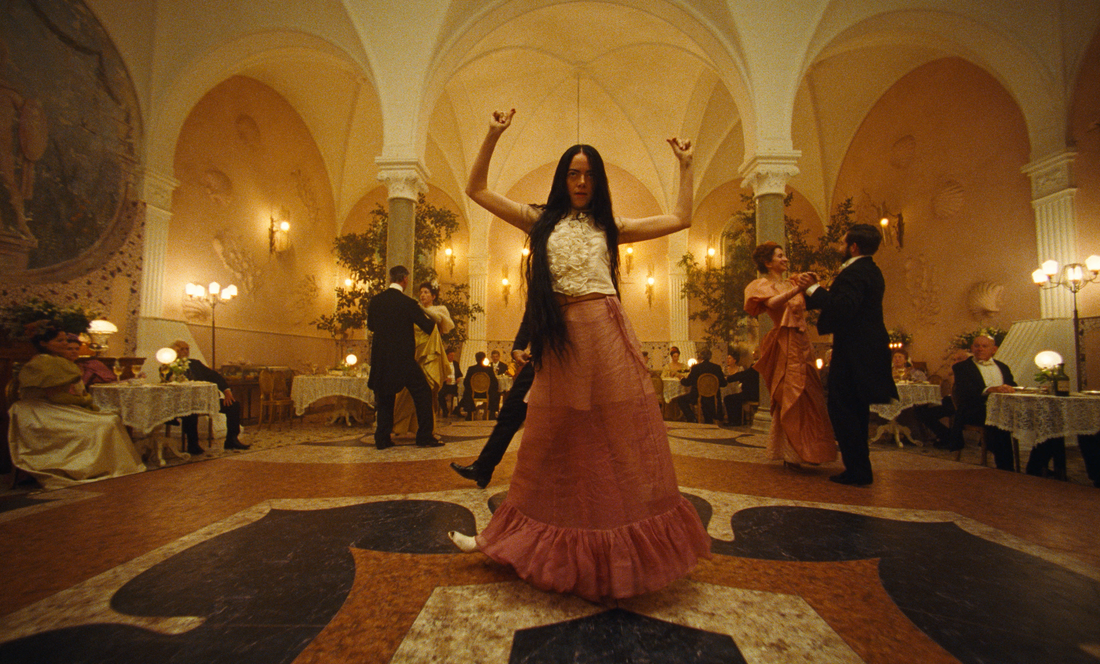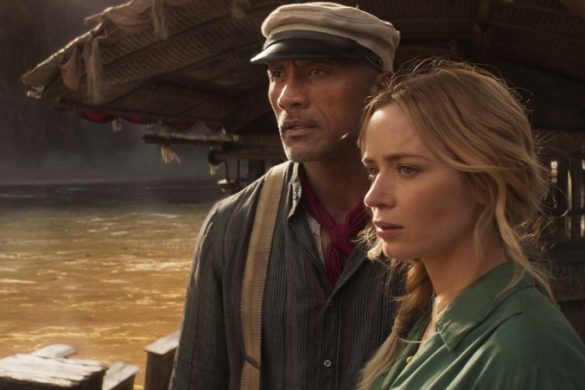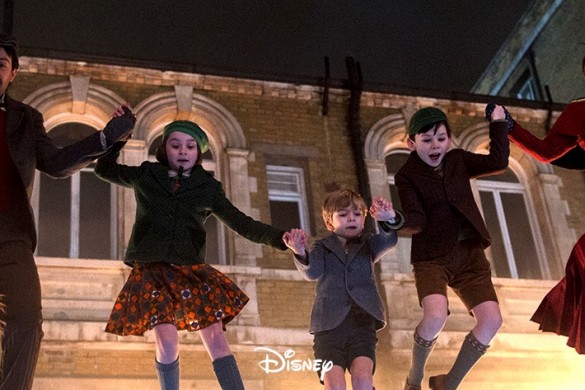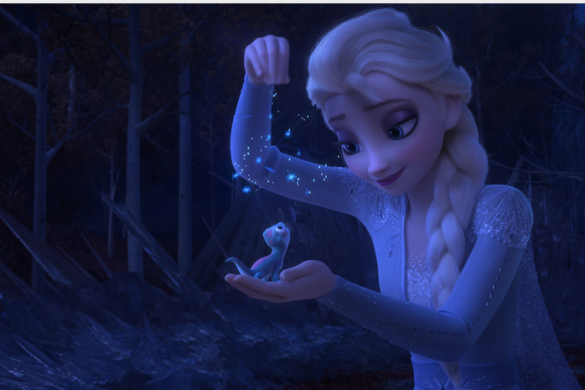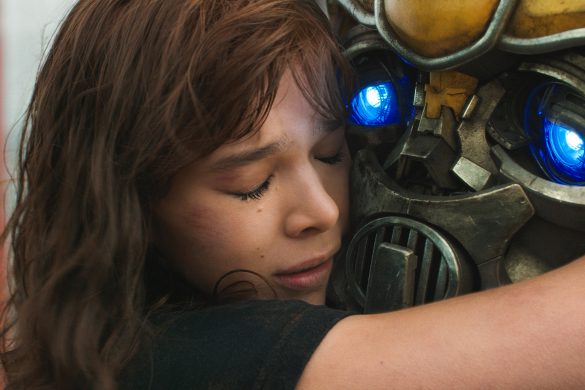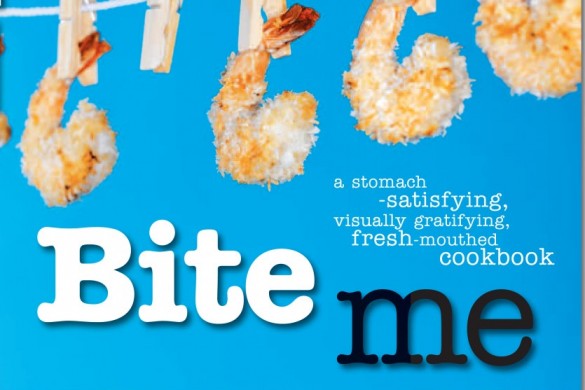Yorgos Lanthimos’ “Poor Things” is an unconventional coming-of-age tale coated with strange sugar and zany violence. While weird, this play on Frankenstein holds up thanks to Emma Stone’s stellar performance.
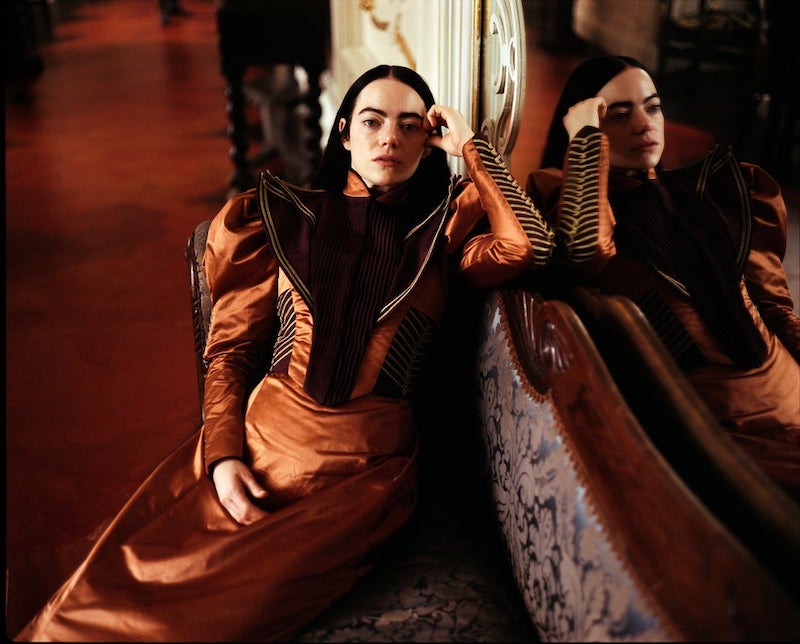
It’s challenging to encapsulate “Poor Things” because it doesn’t fit into any genre. It’s a one-part journey of self-discovery through hedonism, one part romance, one part aged vs youth, and one part reclamation of one’s power. That last bit is ironic, considering how screenwriter Tony McNamara pens a story that takes place entirely from the point of view of the chief protagonist, Bella Baxter (Emma Stone).
In the film, Bella Baxter is a pregnant woman who dies by suicide and is reanimated by her guardian, Dr. Godwin Baxter (Willem Dafoe), a disfigured pathologist. Though she was brain-dead on arrival, the other parts of her body were still functioning. So, he exchanges the brain that is inside her head with that of her unborn child. The result is a person who has yet to experience the world and understand its cruel nature, for we are introduced to Bella as a fully grown person but with a child’s mind. When we first meet her, she hardly has any motor functions, and her grasp of societal boundaries and norms is minimal. So, to protect her, Godwin tries to keep her as close to him as possible.
To understand Bella’s brain functions and development, he enlists the help of Max McCandles (Ramy Youssef), a gifted student who is also curious about Bella’s condition. He is to monitor her activities. He soon discovers that some are innocent while others are repulsive and vulgar. Ultimately, Bella desires to see the world that exists outside her home. While the two warn her of the dangers that exist and could hurt her, they agree to take her to the outside. That small gift to her sparks an interest to see what else is out there. And she demands to see more when Duncan Wedderburn (Mark Ruffalo), a slick and debauched lawyer, offers Godwin the opportunity to take her to see the world.
So, as Bella sees this world, she meets new people, some of whom introduce her to concepts and ideas that she could have never learned had she stayed with Godwin or Duncan. It’s an eye-opening experience that’s full of food, drinks, and lots of pleasure. And while these adventures lead our protagonist to dark places, Bella gains much knowledge and a better understanding of the world. It’s a world that can be cruel at times. She doesn’t know Duncan, who can best be described as a whiny man-baby, is taking advantage of her. Ruffalo chews up the scene with his comedic performance as the English cad with no idea what he has gotten into when he absconds with Bella to travel the world. Duncan tries to control her by telling her she can only say, “How marvelous,” “delighted,” and “How do they make the pastries so crisp.” The result is some uncomfortable exchanges about the passing of loved ones.
Bella’s maturity also introduces her to the concept of cynicism and classism from a fellow traveler named Harry Astley (Jerrod Carmichael). She witnesses poverty and death on her travels, something which shocks her to her core and nearly leaves her a broken person but also inspires her to be more charitable. Her acts of kindness are taken advantage of when she entrusts Duncan’s casino winnings to two sailors who don’t give the money to those less fortunate as they promised while in Athens. Now penniless, Duncan is left stranded in Paris. So Bella takes it upon herself to make money by working at a brothel owned by Madame Swiney Kathryn Hunter), who is impressed by Bella’s drive to plot her course to freedom – something which continues to allude her since she’s been trapped by her father, her lover, and now the madame. And as she works, she furthers her education of societal norms and communication and even learns a little French.
That naivety is shattered with those new experiences. However, Tony McNamara’s script isn’t condescending, nor does it treat Bella as a character to be pitied. Instead, he evolves that child-like curiosity into an unquenchable thirst for knowledge. Bella continues to learn more and more with every destination and new person she meets. Every sexual encounter brings her that much closer to an understanding of how suffocating those societal norms are. So, watching her grow as a person is liberating in more ways than one because she can express her sexual nature freely without being shamed, but she can also see the world for what it is and understand some of the whys.
Playing a character like Bella would require much emotional vulnerability and trust in the director that the actor is being taken in the right direction. And Stone plays Bella effortlessly. She goes from a woman who babbles to a person reborn and witnessing the beauty and ugliness of humanity and the world.
It’s a Victorian-inspired world with some familiarity, but it looks fantastical and unreal. Yet, it is something that you believe can exist. It’s like a twisted and warped version of a Wes Anderson set. London, Paris, and Lisbon have this steampunk vibe with a touch of futurism. There are aerial tramways, goofy-looking horse carriages, and oddly shaped boats. Even the cities’ infrastructure is quirky. Everything about these cities is indescribable because they don’t look natural. Yet, you can’t take your eyes off them because they are fascinating. The orange skies and swirling clouds add to the hand-made designs. It’s like a kid’s pop-up book come to life. And the irony of these beautiful and fantastical cities is that it is tiny. It’s almost as if she were still inside a prison.
And yet, this prison is gorgeous. Fish-eye lenses are meant to give a voyeuristic feel that captures Bella’s confinement wherever she goes. Other parts of the movie are shot in 35 mm black-and-white. The changing aspect ratios push the visual styles even further, adding to the distortion while amplifying the visual storytelling and Bella’s character development.
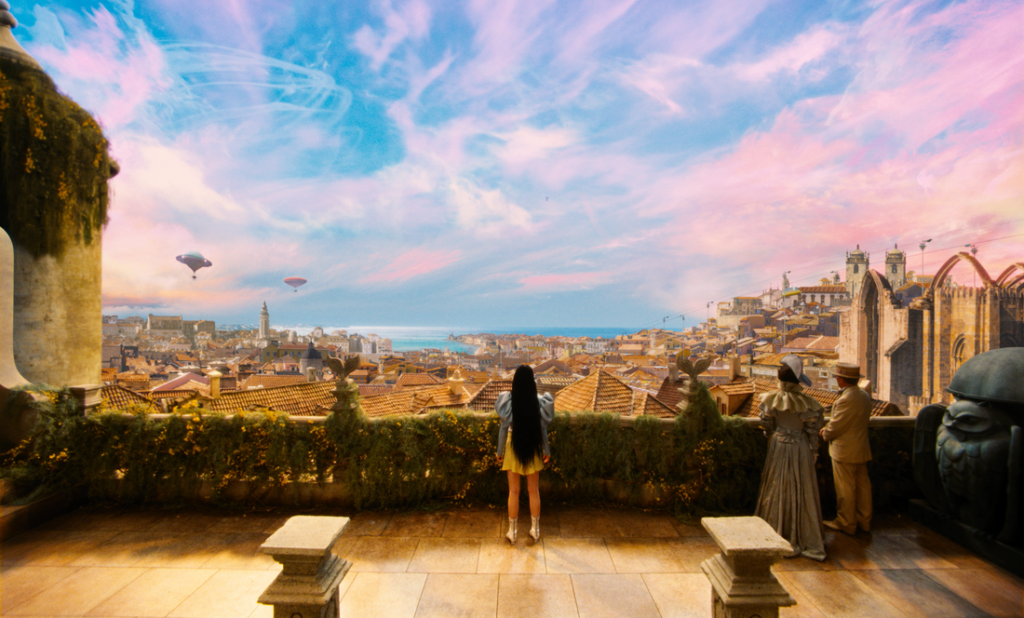
“Poor Things” is a beautiful and quirky riff on the Frankenstein story that takes self-discovery and sexual liberation to its most extreme. Bella is our guide through this indescribable world populated with eccentric characters and strange-looking chimeras. And yet, it all looks and feels perfectly normal, like a world that could exist. Her adventures are grand, her education is eye-opening, and her sexual encounters are freeing. Her experiences make her a wiser and stronger person who can break down the bindings of social norms and create a place that is ruled by her. So, for all its eccentricities, Lanthimos tells a contemporary story that should resonate with all.
9/10

